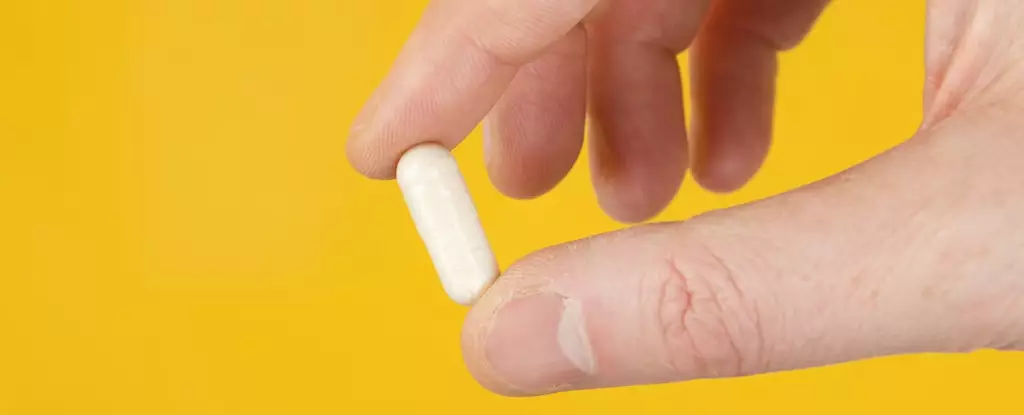The placebo effect has long been a source of fascination in the medical field, with the ability of inert substances to produce real, measurable effects on the body and mind. In a recent study conducted by psychologists at Michigan State University, the power of placebos was shown to extend to stress reduction, offering a promising new avenue for intervention.
The Study
Psychologist Jason Moser and his team at MSU conducted a study involving 64 participants who reported experiencing prolonged stress during the COVID-19 pandemic. Half of the participants were prescribed a placebo, while the other half received no treatment at all. Interestingly, the group that received the placebo experienced a significant decrease in stress, anxiety, and depression, despite being fully aware that they were taking pills with no active ingredients.
The results of the study were surprising, as they challenged the conventional wisdom that the placebo effect relied on deception. In this case, the participants knew they were taking a placebo, yet still experienced positive outcomes. This suggests that the placebo effect may work through mechanisms such as implicit expectations, conditioned responses, and embodied cognition.
The Implications
The findings of this study have significant implications for the treatment of stress and mental health concerns. Using placebos as a simple, low-effort intervention could be a cost-effective and accessible way to help individuals struggling with stress before it escalates into more severe conditions. The ability to administer placebos remotely also increases their scalability potential, making them a potentially valuable tool in mental health care.
While the results of this study are promising, some researchers argue that more extensive research is needed to confirm the therapeutic value of placebos. Studies like these, while intriguing, are often small-scale and short-term, leading to questions about the long-term efficacy of placebo interventions. However, the use of placebos as a control in clinical trials could help eliminate biases and provide valuable insights into their potential as a treatment option.
The study conducted by Jason Moser and his team sheds light on the potential of placebos to reduce stress and improve mental well-being, even without deception. While more research is needed to fully understand the mechanisms behind this phenomenon, the results offer hope for a new approach to managing stress and promoting mental health. With further investigation and exploration, the power of placebos in reducing stress and anxiety may prove to be a valuable tool in the field of mental health care.


Leave a Reply